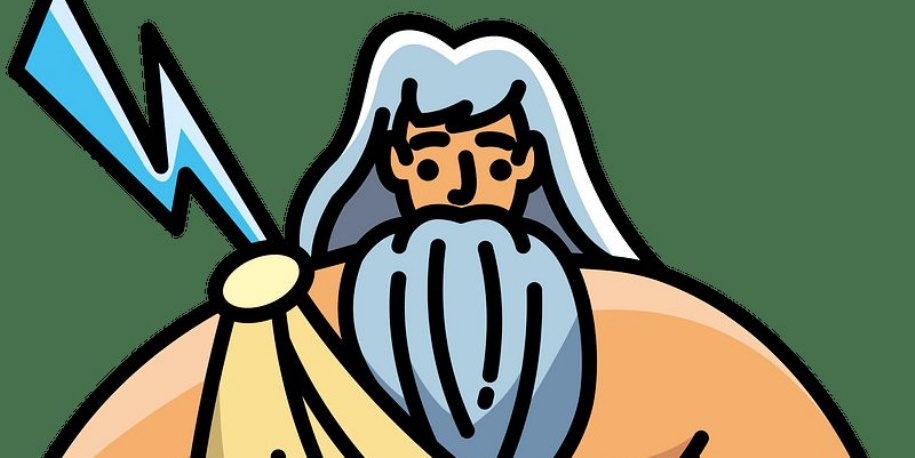Greek and Roman Myths Competition - 28th June 2024

Earlier this week, during an Assembly, Mr Richards gave us an overview of the entries that he had received for the Greek and Roman Myths Competition.
The idea was for pupils to submit any form of illustration of a myth. We had poems written, which both scanned and rhymed, we had videos with a narrator; we had cartoon strips, we had posters. The sheer variety of ways of presenting these old stories was glorious and it was clear that the myths’ power to delight and intrigue, thousands of years after they had been written, was undiminished. Knowledge about myths in this school is very striking. These are certainly not dead stories but ones which continue to animate and delight. In the end, the winners were a poem of remarkable linguistic subtlety about the Minotaur’s thoughts about his demise, by Cosme; a beautiful pomegranate with exquisitely executed designs, illustrating the story of Demeter and Persephone, by Robin; and an entertaining, colourful Icarus Rap, by Adam, which ended with the illuminating stanza:
And though the poor boy sadly burned
And the ending's very sad,
There's just one moral to be learned:
LISTEN TO YOUR DAD!!
Meanwhile, over the past few days, the Walton Hall has been turned into an Art gallery, covered from floor to ceiling with work done by our pupils over the course of this year. I very much hope that you have all taken the opportunity to visit the exhibition during the course of this afternoon and that if you haven’t been able to, you will pop in next week when the exhibition will continue to be displayed. The centrepiece is a remarkable mosaic of the Christ Church arms which was completed earlier this term by all the pupils. I had the pleasure of adding a few of the tiles but this was before the mosaic was completed, so I haven’t yet seen the finished piece. As I write, it is covered by a sheet, which will be removed this afternoon. I can’t wait to see our mosaic when it is unveiled. I am very conscious of the time that Mrs Elias has taken to mount this wonderful exhibition and wish to thank her for doing so. Do come!
And, of course, today, after a great deal of work, we will be treated to a performance of the School Summer Play, which is The Tempest. The play was one of Shakespeare’s very last and many who know his plays well, consider it to be one of his finest, full of poetry and warmth. At the end, Prospero, the main character, who has been using his recently acquired magical skills to control all those around him, decides that he must give up his magical powers and allow those around him to pursue their own destinies and to take responsibility for themselves. Many have seen this as Shakespeare coming to terms with the fact that he was nearing the end of his career, nearing the end of his ability to forge plays in which he was able to control all his creations. Prospero breaks his magic staff and burns his magic books. He then releases all those people he has held in thrall. Referring to those he has held in thrall, he speaks words of great importance - but of complete simplicity: “My charms I’ll break, their senses I’ll restore, And they shall be themselves.”
For me, as a teacher, this time of year is a very moving one. Having looked after a group of young men, some of whom have been here for ten years, we have to release them into the world in order for them to be themselves. These words of Prospero’s have a particular resonance. But of course, as Prospero realised, the most powerful thing of all is to give people the space to become themselves – the ultimate vocation of all teachers and, indeed, of all parents. There is nothing more magical than a performance of a magical play in an outdoor setting at this time of year and, again, I hope that all of you will read this letter having enjoyed our performance. Thank you Ms Skipwith for all your efforts in having brought it all together.
The General Election gets ever nearer – this time next week we will know the outcome. Our news has been dominated by the coming election for the past few weeks to the exclusion of much else, and, for those of us who have followed British elections avidly for a number of decades, this election will be one of the most fascinating in terms of the changes and shifts which it will bring. Another perspective on the election was expressed by one of our pupils recently. He had heard that a situation which has made life temporarily difficult for his family was “All about politics.” “Hmm,” he responded, dismissively, “Who invented politics!” I’m sure there are many of us asking the same question.











